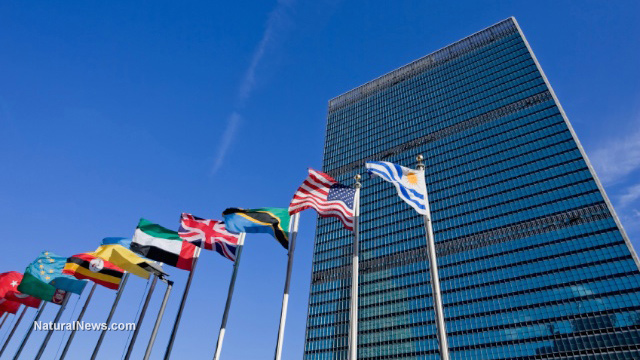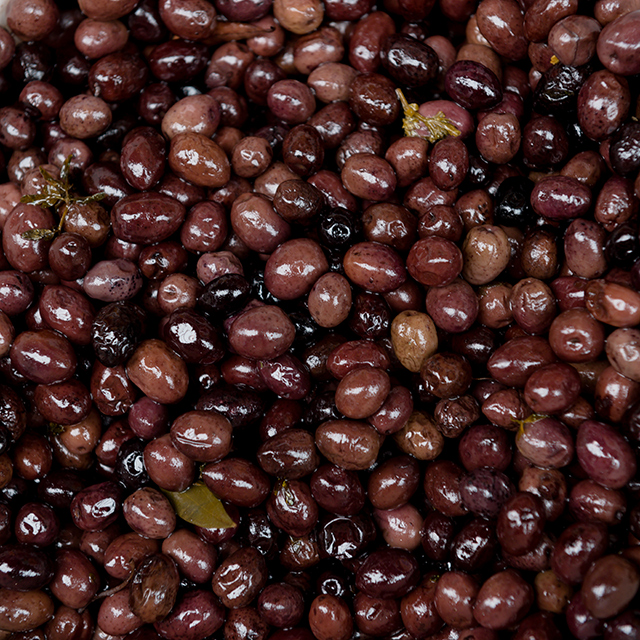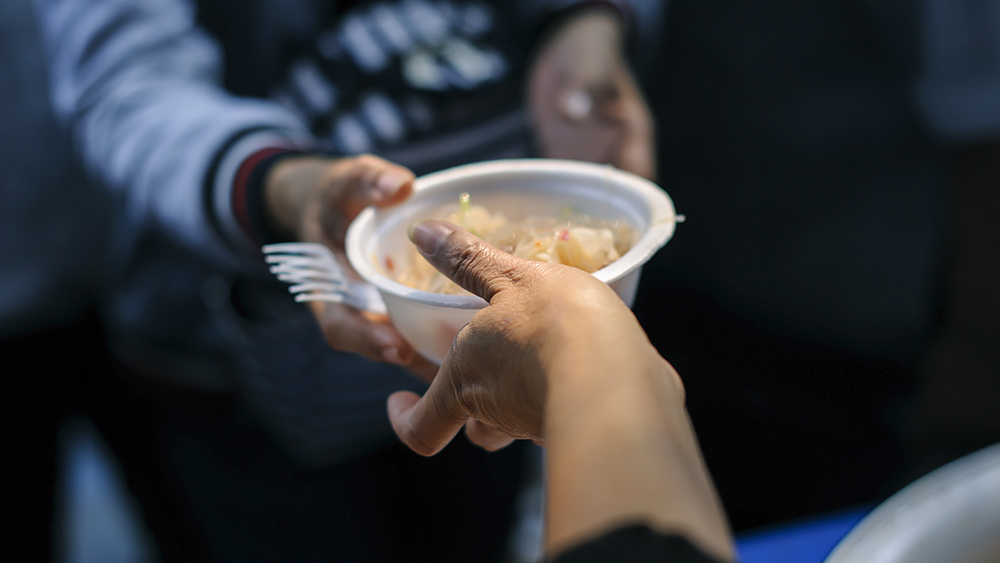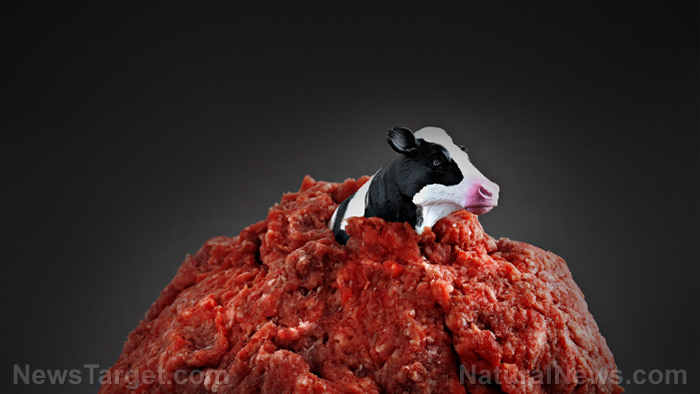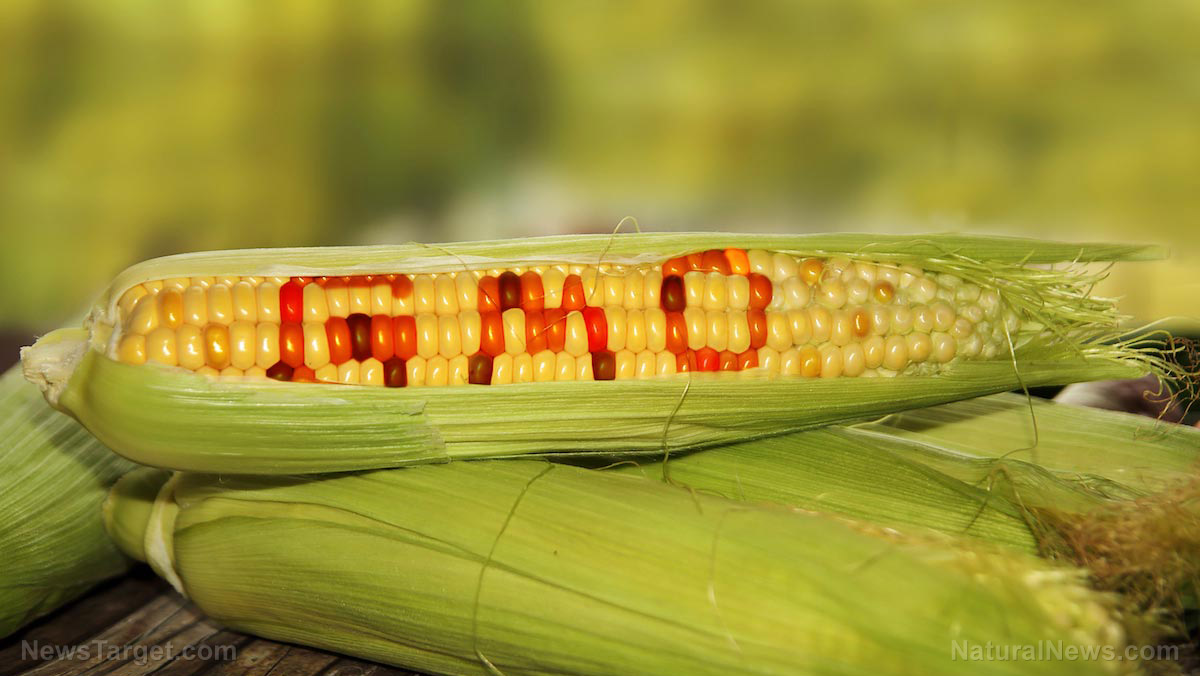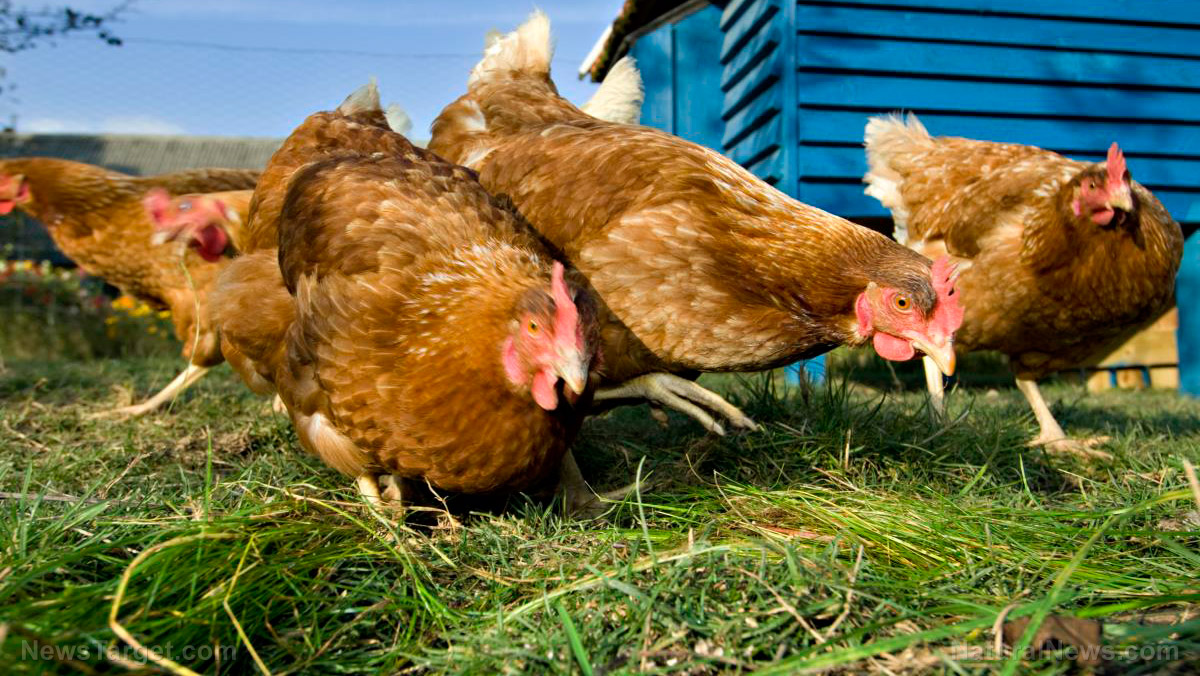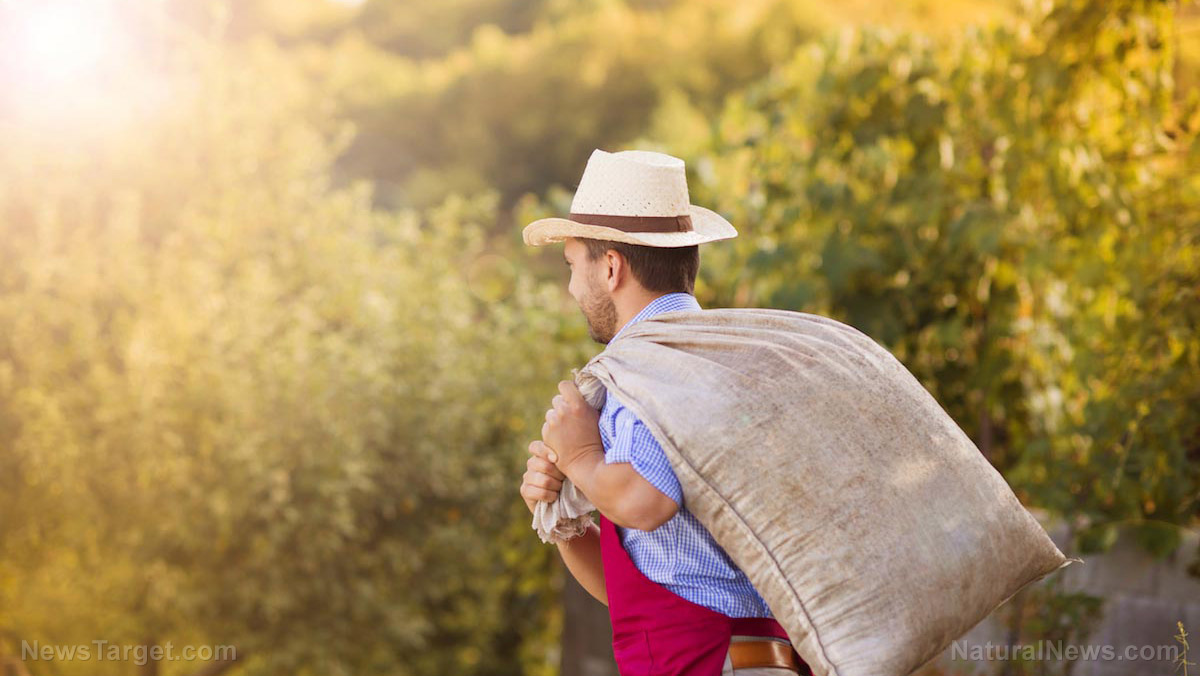HUNGER IN CANADA: Trudeau controls prices of food in grocery stores, initiating a series of events that will lead to EMPTY SHELVES
11/12/2023 / By Belle Carter

Back in September, Canadian Prime Minister Justin Trudeau warned grocery chains that they could be hit with new taxes if they do not take steps to control rising food prices. He asked the heads of the five largest supermarket chains, including Walmart and Costco, to come up with a plan.
“If their plan doesn’t provide real relief for the middle class and people working hard to join it, then we will take further action, and we are not ruling anything out including tax measures,” Trudeau said at the end of a caucus retreat in London, Ontario.
However, for ex-Agriculture Minister Gerry Ritz, Trudeau’s demand that grocery stores create the means for lowering the price of food is ironically a plan for “empty shelves.” “We import 50 percent of what we consume. And do you think [Trudeau] is going to put price controls on all the countries we import from? He can’t,” Ritz told the Post Millennial. According to him, it is similar to Trudeau’s push to phase out single-use plastics for meat, fruit, and vegetables in grocery stores. “As soon as that comes into play, then, everything that comes from California and Florida and so on that comes in a plastic bag — that can’t come in anymore.”
A former Canadian agriculture minister said Trudeau’s demand that grocery stores create the means for lowering the price of food is a plan for “empty shelves.”https://t.co/9DHAZ4rhy5https://t.co/9DHAZ4rhy5
— The Post Millennial (@TPostMillennial) November 8, 2023
Ritz added that it would all mean that fewer products would be on the shelves because Americans are not going to change their way of doing things for “a little country that’s a minor part of their market share.” “It’s going to shrink, there’s no doubt about it,” he said. “Our shelves are going to be empty and the prices have to go up because the overhead costs of those stores – all that handling all that transportation – are still there.” He also pointed out that the federal government’s carbon tax on gasoline and home heating fuel will also add “to that final price of goods.”
The former minister also denounced the Liberal government’s move to reduce fertilizer use by 30 percent by 2030 because they claim that the nitrogen in the product contributes to greenhouse gas emissions. He does not think these farmers will volunteer to give up using the fertilizer. Worse, just like the voluntary gun registry, it will become mandatory after a while. “That’s what they do best,” he said.
Lastly, he slammed the Trudeau government for being dominated by urban cabinet ministers who have no knowledge or appreciation of rural life. He said that they are disconnected from any type of rural groups, citing current Agriculture Minister Lawrence MacAuley to have operated a small dairy farm, “but that’s some 40 years ago.” “Lawrence is getting a do-over coming back in for a second stint at this. And he’s the one whose loose lips started talking about a mandatory 30 percent reduction in fertilizer use. I think he got out ahead of the comms team led by [Trudeau Chief of Staff] Katie Telford, of course. And he’s spilled the beans, quite literally, and farmers are starting to be concerned.”
Ritz said the plan is a recipe for disaster for a “trading nation” like Canada. “It sends those ripples out across the world that Canadian agriculture is going to shrink, not grow to feed that hungry world,” he added.
Policies of current administration are to be blamed, not the grocers
Over a month after the measure Trudeau implemented, new government data showed that food prices in Canada continue to climb.
Though year-over-year inflation of consumer prices overall cooled to 3.8 percent in September, food prices increased 5.8 percent from a year ago, driven by surging prices of bakery products (up eight percent), fresh vegetables (7.6 percent), pasta products (10.8 percent), and poultry (6.5 percent).
Even before 2023, statistics showed that some seven million Canadians, including 1.8 million children, were in households struggling to put food on the table. Consumers are becoming restless and enraged. They accused grocers of price gouging.”If I’m paying that much, I hope there’s gold in that chicken,” one user responded to a viral tweet in January showing a $37 price tag on a package of chicken breasts.
However according to Mike von Massow, a food economics professor at the University of Guelph in Ontario, while it’s easy to get angry at the grocer, there’s very little evidence that the grocers are taking advantage of the situation.
“Food prices have only gotten worse since then, and Trudeau has found the same scapegoat as many others unversed in basic economics: grocers,” the Foundation for Economic Education (FEE) pointed out on its website. “Politicians such as Trudeau cannot admit it’s their own policies and money printing that are to blame for high food prices.” The non-profit further said that Trudeau is parroting the rhetoric of some U.S. politicians by aiming at grocers and “record profits.” One is Sen. Elizabeth Warren (D-MA), who argued that inflation is being driven by “corporate greed.”
Canada’s Conservative Party leader Pierre Poilievre mirrored the same sentiment. “[Trudeau] prints $600 billion, grows our money supply by 32 percent in three years,” Poilievre said. “That’s growing the money eight times faster than the economy. No wonder we have the worst inflation in four decades.” (Related: Canada’s grocery retail giants push back against accusations of price inflation, ask Trudeau to examine his policies first.)
Check out FoodInflation.news for more stories on the ever-surging prices of food in groceries and supermarkets.
Sources for this article include:
Submit a correction >>
Tagged Under:
big government, Canada, carbon tax, climate hoax, corporate greed, debt bomb, famine, fertilizer reduction, food collapse, food inflation, food prices, food security, food supply, Gerry Ritz, government policies, greenhouse gas emissions, grocers, harvest, hunger, inflation, Justin Trudeau, Money Printing, Nitrogen, pandemic, Price gouging, recipe for disaster, risk, rural life, starvation, trading nations, world agriculture
This article may contain statements that reflect the opinion of the author
RECENT NEWS & ARTICLES
COPYRIGHT © 2017 HARVEST NEWS


